I’ve not posted anything about the Scottish Learning Festival or the associated TeachMeet here. I did do a quick audio review of my two days SLF 2013 on EDUtalk and am starting to post tmslf2013 audio at EDUtalk too.
One of the three things I talked about in my 7 minutes at teachmeet was the new ScotEduBlogs site. I posted plans about this here, ScotEduBlogs Evolving a while back. The new site is now running at the old domain. It seems to be running fairly smoothly with a fair number of posts pulled in so far:
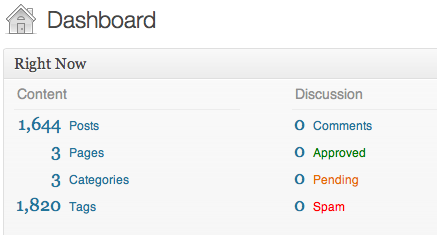
I particularly love the zero spam comments. Although the new site is a blog there is no opportunity for commenting, clicking on titles of articles directs you to the original post.
So far I’ve kept the them very minimal, just using the standard Twenty Twelve theme, with a few adjustments in a child theme, the main one being the ability to toggle the amount of text show for each post. I’d expect some folk just to want to scan down the titles, clicking on the ones that interest them, this will open the original post in a new tab.

I’d be happy to get advice on this or any other aspect of how the site runs.
We have refocused the site on professional blogs at the moment, to see how it holds up.
I’ve also installed the jetpack pluging mostly for the mobile theme:
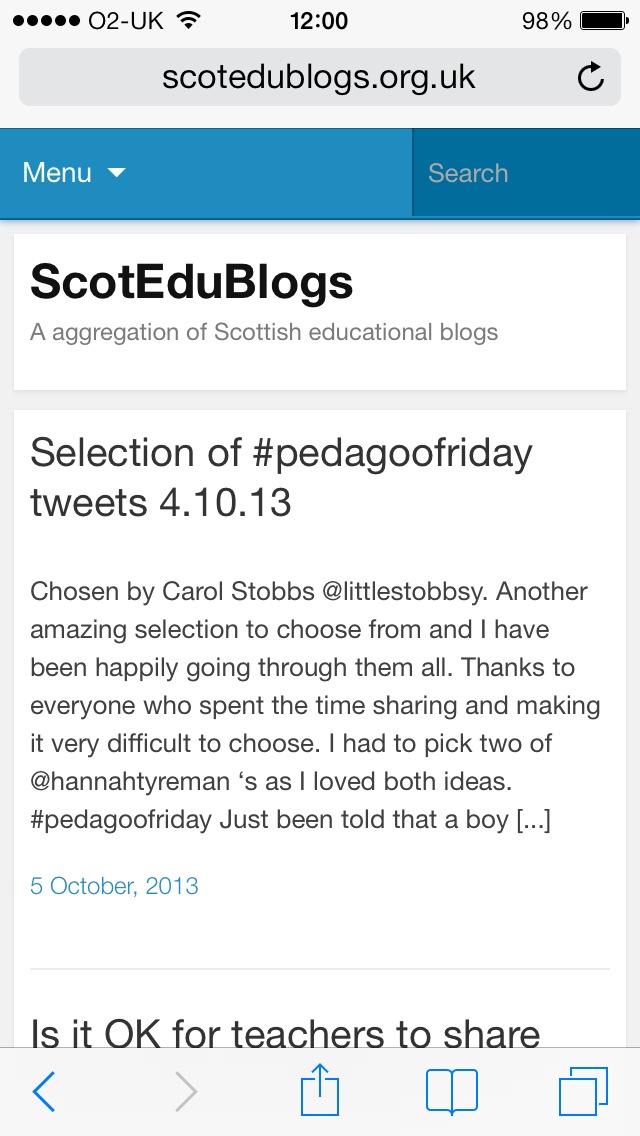
Please Join In
If you are a Scottish educational blogger and you are not listed please Add Your blog. Please also spread the word if you know any other Scottish educational bloggers who might like to join in.
FeedWordPress a glow wish
As you might know, glow, Scotland’s national intranet is undergoing a refresh at the moment. I believe a new wordpress provider is being commissioned, I really hope that the new service will either alow us to install our own plugins or includes the feedwordpress plugin too. This pluging powers the aggregation at ScotEduBlogs. This would be a wonderful tool for glow. Teachers could aggregate all their pupils eportfolio onto one blog, schools could aggregate posts from their class blogs onto a school one. I also hope they are going to enable the MetaWebLogAPI that allows posting from mobile apps, this is sadly missing from the current glow blogs.

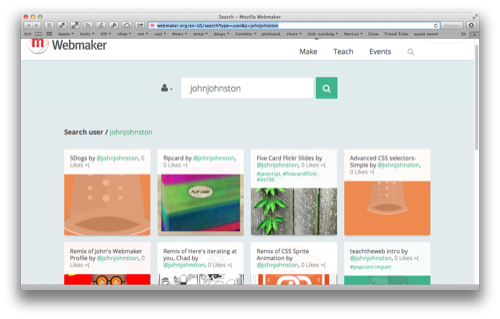
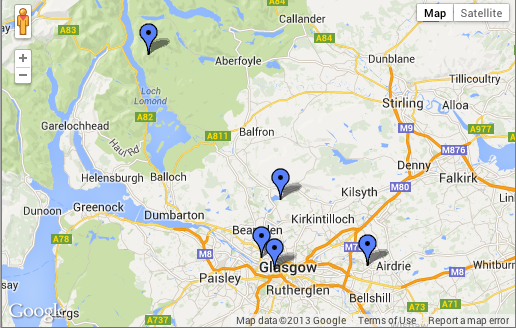
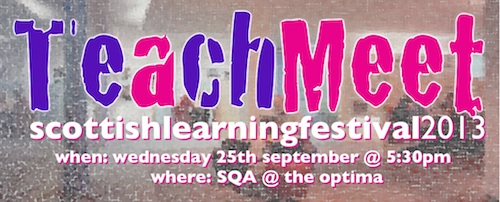


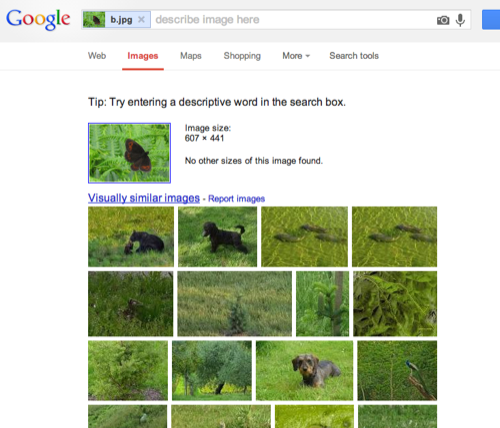
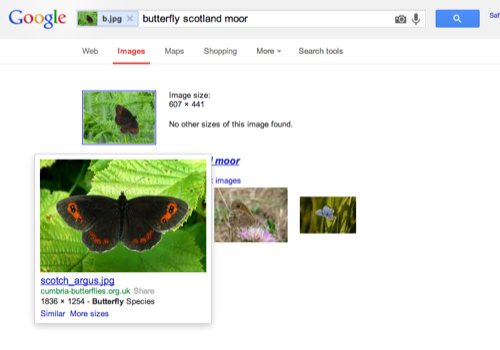
 Last year
Last year